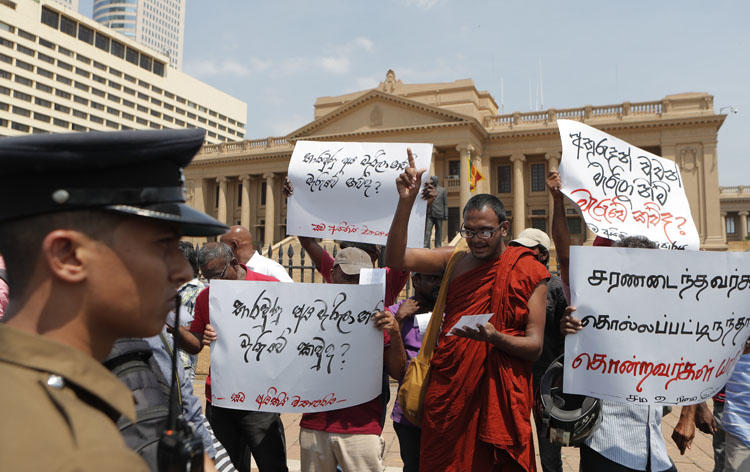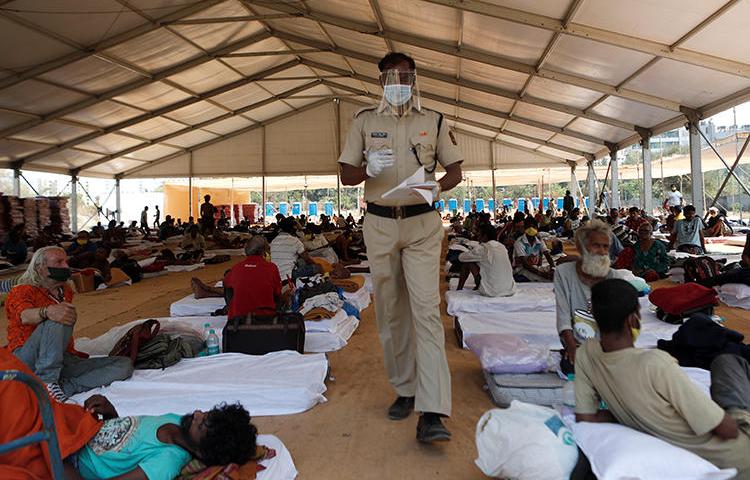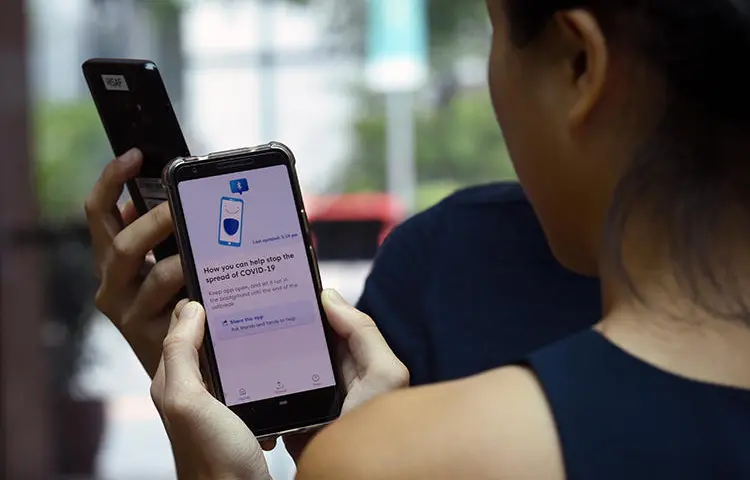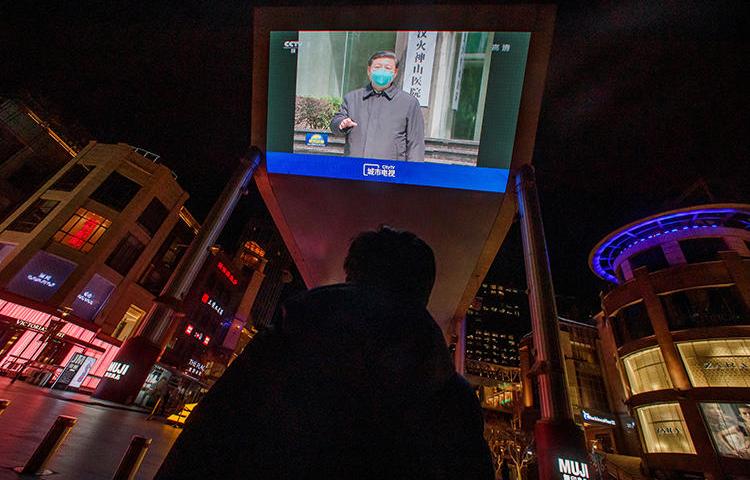Asia
2020

Mission Journal: Journalists in India’s Uttar Pradesh say threat of attack or prosecution looms large
Also available in हिंदी में On March 26, two days after Indian Prime Minister Narendra Modi announced a national lockdown to control the spreading of COVID-19, Hindi-language daily Jansandesh Times reported that a tribe in Varanasi, Uttar Pradesh state, didn’t have enough to eat due to the sudden announcement and that children were eating grass.…
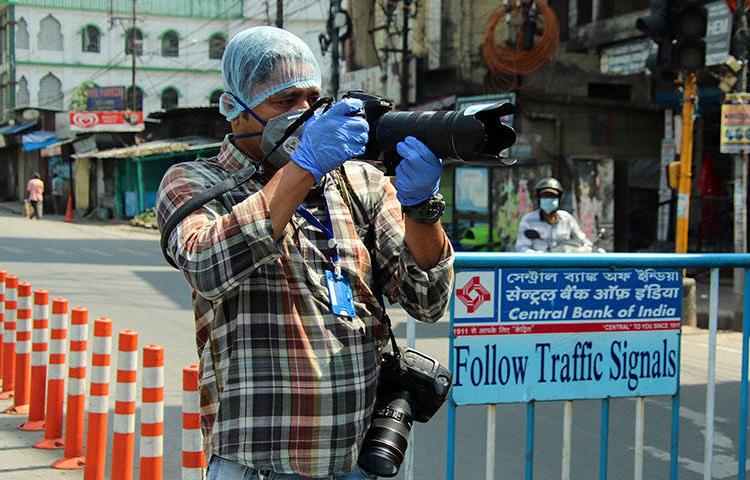
Freelance journalists risk lives and livelihoods amid COVID-19 pandemic
Johannesburg-based freelance journalist Yeshiel Panchia was on his way to cover a story about a local developer who had found a way to keep his wage laborers employed during South Africa’s coronavirus lockdown by letting them live on the construction site so that they didn’t have to leave “home” in contravention of strict rules.
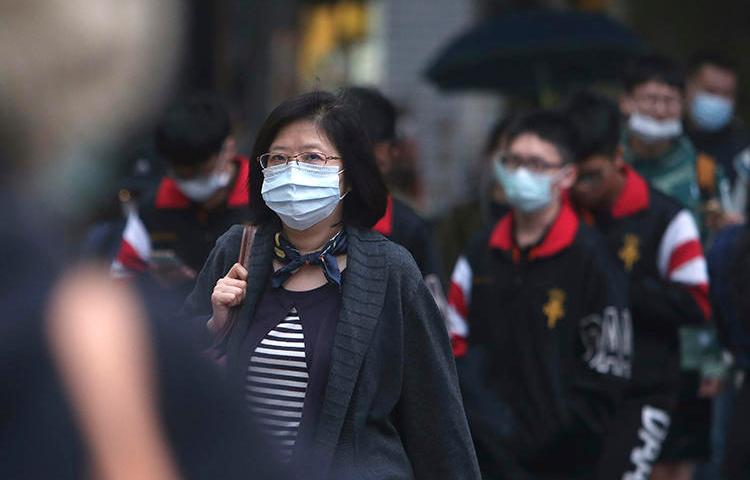
Reporter Brian Hioe on dealing with misinformation in Taiwan amid pandemic
Brian Hioe is an editor for the New Bloom Magazine, a news website that covers social issues, politics, and culture in the Asia Pacific region. He also works as a freelance journalist in Taiwan, where the government has been praised for its responses to the COVID-19 pandemic.
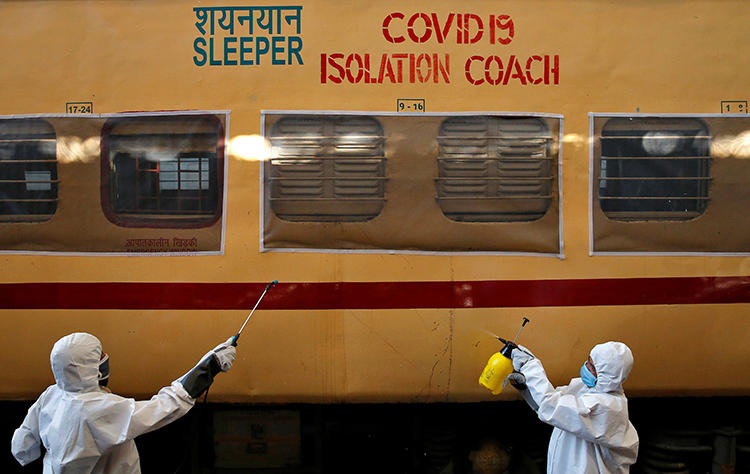
Indian journalist Vidya Krishnan on navigating harassment and government obstruction while covering COVID-19
Vidya Krishnan, a freelance reporter who has covered healthcare in India for 17 years, says she has never seen the kind of harassment and threats that health reporters have received while covering COVID-19.
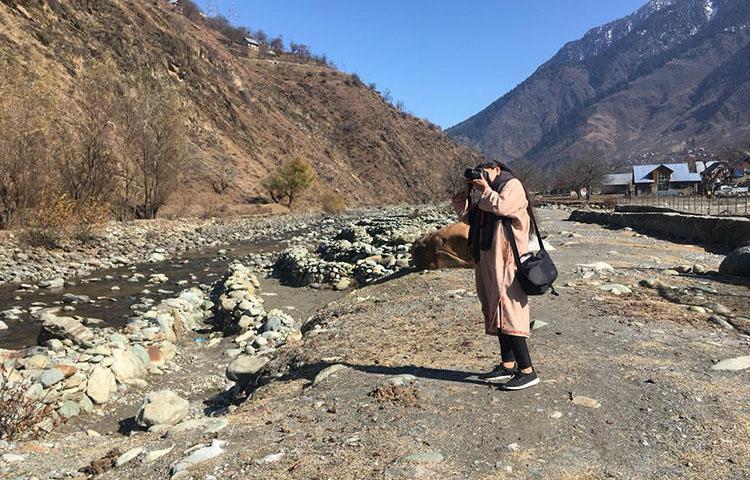
Kashmiri journalist Raihana Maqbool on reporting on COVID-19 amid ongoing restrictions
Journalists in Jammu and Kashmir have spent the past eight months navigating an intense crackdown by Indian authorities in the region, including unprecedented restrictions on communications and the longest internet shutdown in a democracy. Now, they have the added challenge on trying to report on the COVID-19 pandemic. India has instituted a strict 21-day national…
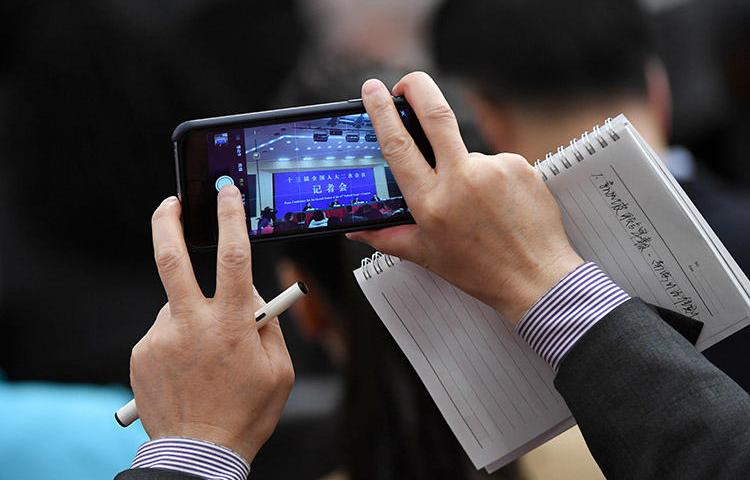
China uses visa process to intimidate foreign press, FCCC survey finds
Conditions for foreign correspondents in China deteriorated in 2019, the Foreign Correspondents’ Club of China (FCCC) annual survey found. The report, published today, noted that for a second year none of the respondents gave a positive response when asked if conditions had improved.
